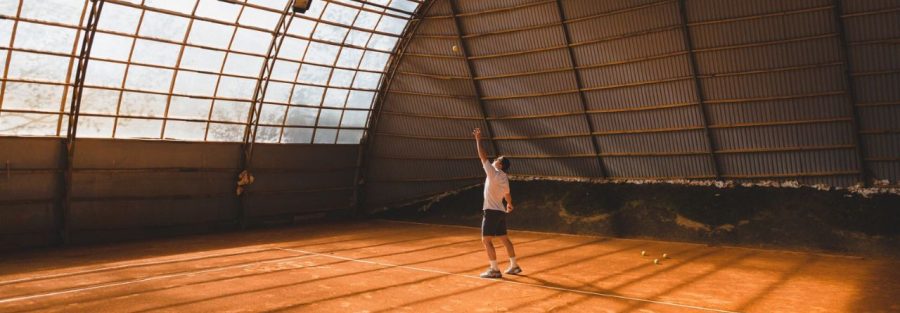How the Gulf is turning stadiums into strategy and athletes into assets?
In Brief:
- GCC nations are pouring billions into sports to diversify economies beyond oil.
- Hosting mega-events is building national identity, tourism, and infrastructure.
- Sports is now a vehicle for soft power, social reform, and global partnerships.
Introduction:
Over the last decade, the Gulf region has undergone a dramatic shift in how it views its future. While oil built the foundations of prosperity, the GCC countries now see sports as the next engine of transformation. This pivot is not casual — it’s strategic, calculated, and already changing the region’s global image. Sports is no longer just a game in the Gulf — it’s a new kind of gold.
- Beyond Oil: Sports as the Engine of Economic Diversification
For decades, the GCC economies revolved around oil exports. But with global energy markets shifting and sustainability becoming a priority, Gulf countries are preparing for a post-oil future.
Enter sports — a multi-billion-dollar industry with endless potential. Saudi Arabia’s Vision 2030 and the UAE’s National Sports Strategy 2031 prioritize sports as a cornerstone of non-oil growth.
From investments in global clubs to building sports tourism and health-focused economies, the region is monetizing every aspect of sport — sponsorships, media rights, merchandising, training academies, and more.
- Hosting Global Events to Shape Global Identity
The GCC has hosted some of the world’s most watched sporting events — FIFA World Cup 2022 in Qatar, UFC fights in Abu Dhabi, and Formula 1 Grand Prix in Bahrain and Saudi Arabia.
These aren’t just events — they’re international stages for the Gulf to project a new image: bold, modern, and globally connected.
Qatar’s World Cup was not just the first in the Arab world — it was a masterclass in redefining perception, showcasing world-class infrastructure, hospitality, and cultural pride.
Such events boost tourism, infrastructure, hotel occupancy, aviation, and local businesses, injecting billions into the economy.
- Sports as a Strategic Soft Power Weapon
The GCC is smartly using sports to expand soft power — influence without force.
Saudi Arabia’s Public Investment Fund (PIF) now owns Newcastle United. Qatar’s QSI owns PSG. Emirates Airlines sponsors some of the world’s biggest teams.
These investments aren’t just financial. They’re diplomatic. They embed the Gulf in global conversations, reshape narratives, and open doors to partnerships in trade, diplomacy, and culture.
It’s a powerful strategy — blending sports with politics, image-building, and economic leverage.
- Building Homegrown Talent and Healthier Societies
Investing in elite sports is only one part of the story. The GCC is equally focused on developing local athletes, leagues, and youth programs.
From launching women’s leagues to building Olympic training facilities, countries are nurturing future champions.
But it’s not just about medals — it’s about improving public health, engaging youth, and creating a culture of fitness to combat rising lifestyle diseases.
This shift from spectatorship to participation is critical for long-term social development.
- Sports Infrastructure: The New Landmarks of Progress
Across the region, futuristic stadiums, multi-purpose sports cities, and AI-powered training centers are rising fast.
Saudi Arabia is building the $500 billion NEOM, which includes a state-of-the-art sports district. Dubai has become a global hub for e-sports, hosting massive international gaming tournaments.
These infrastructures are not just for show — they are designed for longevity, tourism, digital innovation, and economic sustainability.
This transformation isn’t happening in decades — it’s happening now, fast and bold.
Conclusion: More Than a Game, It’s a Strategy
The Gulf’s deep dive into sports is not about copying the West — it’s about redefining its own future.
By turning athletes into ambassadors, events into ecosystems, and stadiums into symbols of power, the GCC is building a new kind of wealth — one rooted in influence, culture, and community.
In a world looking beyond oil, sports is the new currency, and the Gulf is making sure it owns the gold standard.





